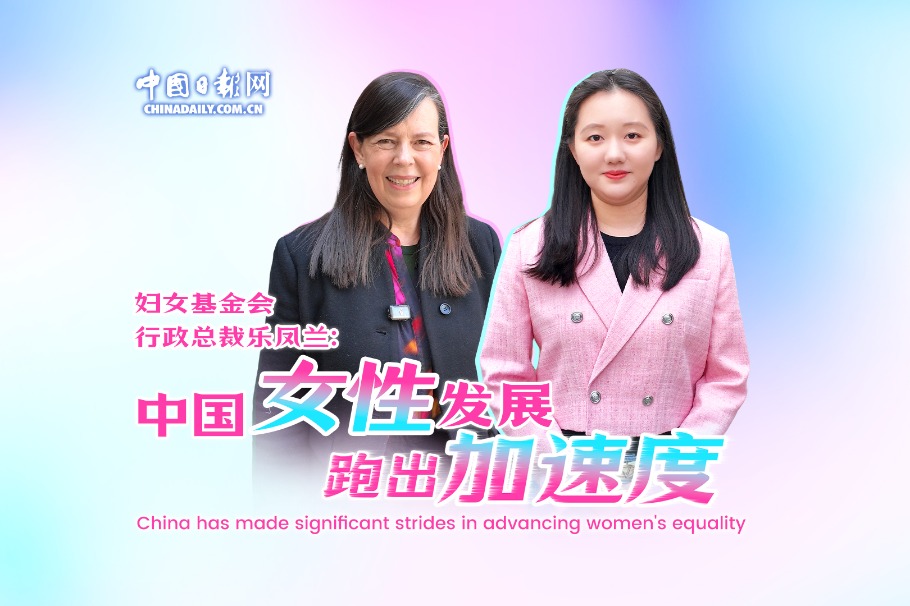Tailored support can boost private economy

State sector's advance is not private sector's retreat
The merger and acquisition of listed private companies using State-owned capital has been debated in various social circles in recent times. Faced with the increased risk of the implosion of stock pledge and breaking of the capital chain, some non-State enterprises turned to financially strong State-owned enterprises to purchase their shares. This is a rational choice these private enterprises have made, yet they have been criticized by many observers.
The transfer of the holding power from some nonpublic enterprises to SOEs has not made much difference to the normal M&A deals in the capital market. This is likely to be an important feature of resource reconfiguration in the capital market, which has matured to a large extent after three decades of development. But the new round of M&A deals using State capital has been interpreted by some media outlets and scholars as the "guo jin min tui", or the "advance of the State sector and retreat of the nonpublic sector" in the capital market. This interpretation has raised concerns about the survival and development of the nonpublic economy.
China's capital market entered the era of diversified equities in 2015, after which M&A deals among listed companies have become more frequent, with asset restructuring and resource allocation. However, among these M&A and asset restructuring moves, there have been equity transfers from nonpublic to State capital, as well as and even equity transfers from State to nonpublic capital.
Still, we cannot interpret a specific SOE's merger with or acquisition of a private enterprise as the guo jin min tui, just as we cannot interpret the transfer of an SOE's holding power to a nonpublic enterprises as guo tui min jin or the "retreat of the State sector and advance of nonpublic sector".
Zheng Zhigang, a member of the academic committee of Pangoal and a professor at the School of Finance, Renmin University of China


































